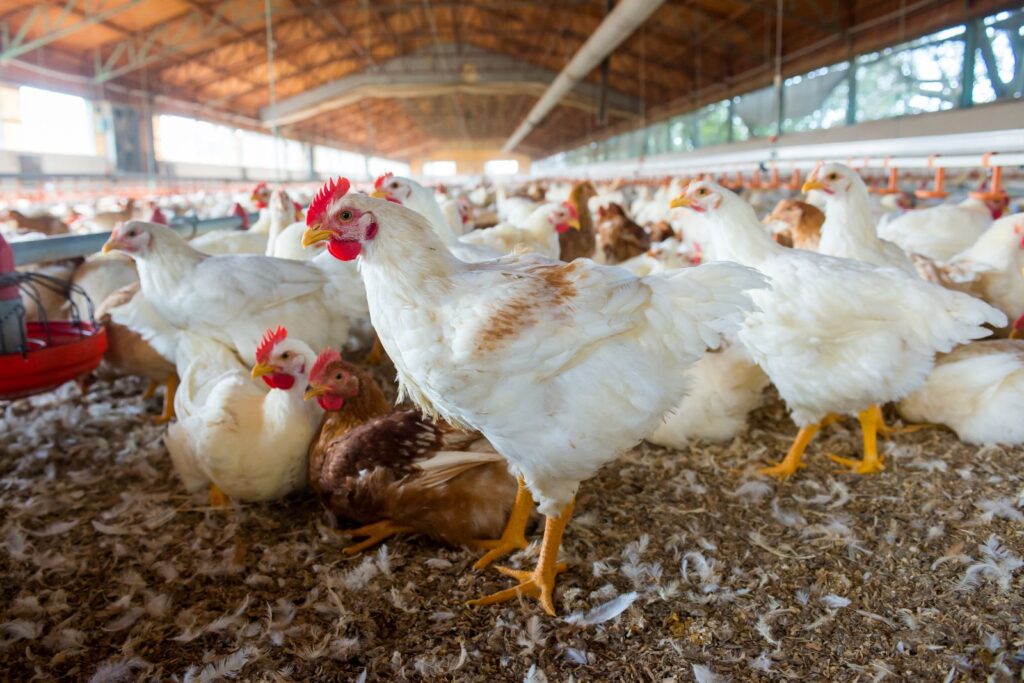Research warns of new avian flu strain that could be passed on to humans
5th September 2023
Scientists fear a new strain of the avian influenza virus discovered in China could spark the next global pandemic as a recent study reveals mutational changes that could increase the risk of the virus infecting humans.

A new study from researchers in China and Nottingham has discovered that a subtype of avian flu virus, endemic in poultry farms in China, is undergoing adaptive changes making it transmissible by the airborne route between animals.
Researchers also say the findings raise concerns of a potential epidemic or pandemic in the making and that coordinated research is necessary to closely monitor such viruses in poultry and humans.
The study, which has been published in the scientific journal Cell, reports on the characterisation of a human isolate – from a human patient – of the H3N8 avian influenza virus (AIV). Using laboratory mice and ferrets as models for human infection, the results show the virus has undergone several mutational changes to cause severe animal infections.
In humans, avian H3N8 virus infection has been found to cause acute respiratory distress syndrome and can even be fatal. The virus is widespread in chicken flocks; however, until now, the features of how it might be transmitted from animals to humans have been poorly understood.
“We demonstrate that an avian H3N8 virus isolated from a patient with severe pneumonia replicated efficiently in human bronchial and lung epithelial cells, was extremely harmful in its effects in laboratory mammalian hosts and could be passed on through respiratory droplets,” explained Professor Kin-Chow Chang from the University of Nottingham.
Professor Jinhua Liu from the China Agricultural University in Beijing added: “Importantly, we discovered that the virus had acquired human receptor binding preference and amino acid substitution PB2-E627K, which are necessary for airborne transmission.
“Human populations, even when vaccinated against human H3N2 virus, appear immunologically naïve to emerging mammalian-adapted H3N8 AIVs and could be vulnerable to infection at epidemic or pandemic proportion.”
The study, titled ‘Airborne transmission of human-isolated avian H3N8 influenza virus between ferrets’ was a collaboration between the University of Nottingham, China Agricultural University in Beijing, the Chinese Academy of Sciences and the Chinese Centre for Disease Control and Prevention.
